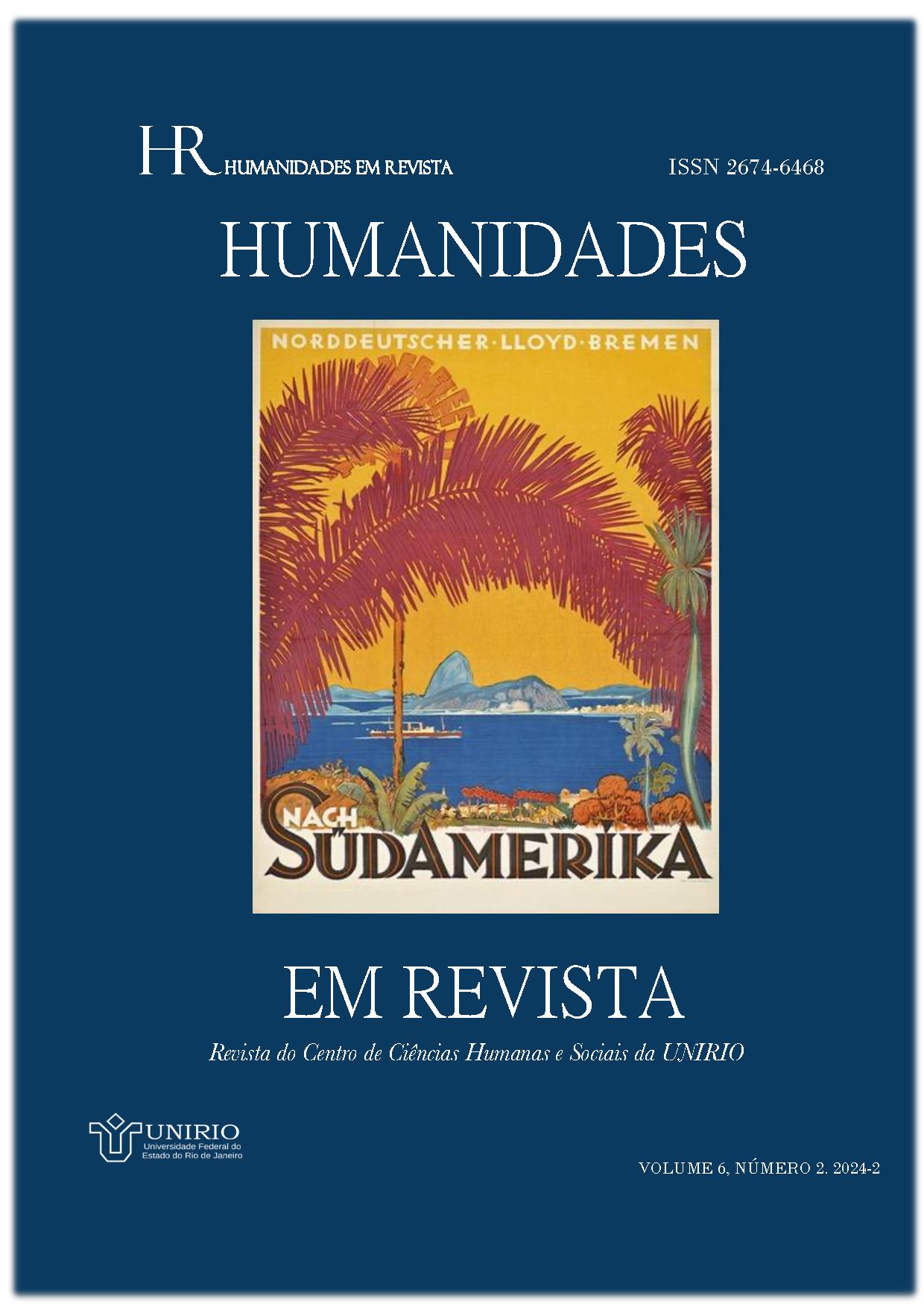ACCESSIBILITY IN WINE TOURISM: PATHS TO INCLUSION
CAMINHOS PARA A INCLUSÃO
Keywords:
Wine tourism, accessibility, inclusion, people with disabilities, wineries.Abstract
ABSTRACT: The project Accessibility in the Wine Tourism was done between the Instituto Federal do Rio Grande do Sul and Vinícola Salton. The project was developed between October 2022 and 2023, and its objective was to promote the inclusion of people with disabilities in the winemaking sector, minimizing or eliminating barriers that make the participation of this public in wine tourism activities challenging or null. Structured with a qualitative approach and action research, the activities involved people with disabilities, students and professionals from the education area, inclusive teaching, tourism, architecture, design, and web development, among others. As a result, through an on-site diagnosis of the main accessibility barriers in the winery's physical and virtual spaces, accessibility reports were prepared, pointing adjustments to be made, also involving the capacitation of collaborators of the winery and the creation of Accessibility in Enotourism Guide and the Glossary in Brazilian Sign Language (Libras) of terms from the world of wine (materials that will be available freely online to use and update by people and companies that wish to utilize or replicate the initiative). From the project, it was possible to identify barriers that make it difficult or stop people with disabilities from accessing or participating in enotourism, mostly due to the lack of accessibility in the experiences, providing opportunities for improvements and adaptations in the physical and virtual spaces of the winery.
Downloads
Downloads
Published
How to Cite
Issue
Section
License
Copyright (c) 2024 Anderson Dall Agnol, Felipe Gugel, Hernanda Tonini

This work is licensed under a Creative Commons Attribution-NonCommercial-NoDerivatives 4.0 International License.
Os direitos autorais de qualquer trabalho publicado na Revista pertencerão aos autores. Não haverá qualquer pagamento pela publicação na Revista e a aceitação dos originais implicará na aceitação das condições descritas nas informações sobre a revista constantes do escopo e de todas as regras apresentadas, assim como o respeito à legislação e às normas vigentes concernentes a publicações. A UNIRIO e seus entes subordinados não se responsabilizarão por quaisquer equívocos, questões e contendas entre autores, participantes e/ou entes institucionais que sobrevenham às publicações. O e-mail do autor será disponibilizado no trabalho.
A revista oferece acesso livre imediato ao seu conteúdo, seguindo o princípio de que disponibilizar gratuitamente o conhecimento científico ao público proporciona maior democratização mundial do conhecimento, sempre dentro dos limites da legislação de direito de autor e de direitos conexos. É adotada a licença Crative Commons do tipo “Atribuição-Não Comercial-Sem Derivações 4.0 Internacional (CC BY-NC-ND 4.0)”, acessível em: https://creativecommons.org/licenses/by-nc-nd/4.0/legalcode.pt , segundo a qual, em linhas gerais, é permitindo fazer o download dos trabalhos e o seu compartilhamento para fins educacionais, desde que sejam atribuídos os créditos a seus autores, citando também o repositório dos trabalhos, e sem que se possa alterar o material de nenhuma forma ou utilizá-lo para fins comerciais.





 Qualis/CAPES 2017- 2020 B4
Qualis/CAPES 2017- 2020 B4 Diretório das revistas científicas eletrônicas brasileiras
Diretório das revistas científicas eletrônicas brasileiras




